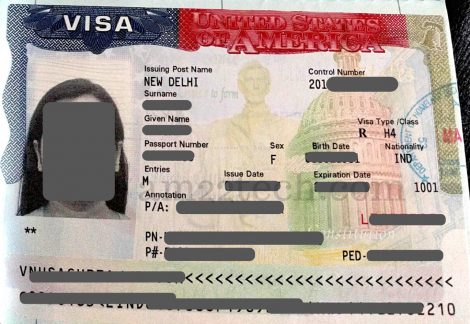


(1) when the consular post has decided to perform an investigation to verify information or to check for fraud, on issues such as the legitimacy of a marriage, an applicant’s education or work experience, the authenticity of a marriage or birth certificate, etc That Bureau, in turn told the OIG that it lacked the resources to completed the SAOs.Īpart from SAOs, the term “administrative processing” may also be used by the State Department in various other contexts, such as More than 200 such SAO requests were stuck pending in the Bureau of Democracy, Human Rights and Labor. 1182(e) because of involvement in forced abortion or sterilizations, the State Department “sometimes waited several years” before providing responses. Embassy in Beijing sought SAOs on whether individuals were ineligible for visas under 8 U.S.C. An example of the SAO process gone awry: According to a 2017 report of the State Department’s Office of Inspector General (OIG), when the U.S. (4) SAOs related to Communist Party members applying for K-1 or immigrant visas.Ĭonsular officers are warned not to reveal to applicants that a case has been referred to the Department for an SAO.

(3) Donkey and National Crime Information Center (NCIC) SAOs, which are based on name matches or “hits” occurring in various databases and

See, for example, More Chinese Student Visa Applicants Will Be Subject to Security-Related Delays (2) Mantis SAOs, which are based on the applicant’s suspected access to sensitive technology with a potential military application and the unlawful exportation of that technology. (1) Condor SAOs, which are based on national security concerns, including a concern that the applicant may intend to engage in terrorist activity There are various types of SAOs, such as: Before issuing the SAO, the Department may in turn consult with other government agencies, such as law enforcement and intelligence agencies. Security Advisory OpinionsĪdministrative processing may involve a request by the consular officer for a Security Advisory Opinion (SAO) from the Department as to whether the applicant poses a risk to the United States. The applicant typically learns of the temporary refusal when, at the conclusion of the interview, the consular officer issues a written notice stating that under section 221(g) of the Immigration and Nationality Act no visa can be issued until additional administrative processing has been completed.


 0 kommentar(er)
0 kommentar(er)
